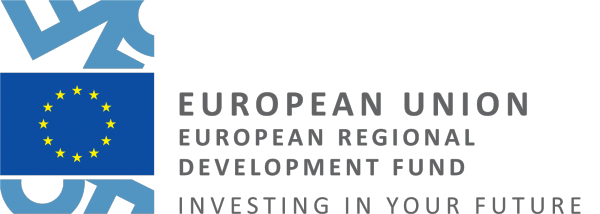KNMtravel sustainability policy
Our first and foremost policy is to raise awareness, engage in sustainable practices and eventually work closely with sustainable suppliers across different sectors of the industry. Specific policies regarding key themes are as follows:
Internal social management:
- All employees receive formal written contract detailing responsibilities/tasks, rights-including holidays, wages, working hours, and the freedom to terminate contracts.
- All employees receive minimum wage required by law or above, depending on the scope and content of work.
- Offer overtime compensation and medical insurance that meet the requirement by law.
- Develop an internal system where employees could freely express their comments, complaints, concerns, and satisfactions about the company.
- Ensure a safe working environment where first aid boxes are stationed, and fire extinguishers are checked regularly. Yearly training on fire safety for all staff is practiced according to the law.
- Practice equal opportunities in terms of hiring (students, disabled persons, ages, nationalities, or religions) and in terms of access to available resources (incentives, trainings) depending on the scope of work.
Internal environment:
- Switch-off policy during off work hours on all equipment /lighting in both LJU and NM offices. All printers and LP are automatically set to sleep mode if not using for a while. In LJU office, air-conditioning and lighting are off automatically when no staff is in the office. In NM office “switch-off” reminder is added to light switches and air-conditioning.
- Reduce energy also through smart use of internal communication via-less attachments, short and concise content, or circulating information though share platforms e.g. team or Viva-Engage.
- When renting or buying office equipment, priority is given to those with efficiency mode/function.
- Printed material for promotion and marketing is reduced to minimum with digital format taking up to 80% in following years.
- Bulk buying to reduce packaging in terms of souvenirs and order also locally produced products.
- Recycle paper by doing duplex copy or using the blank side for other purpose.
- Recycle waste by properly separating it according to government guidelines. 80% of the employees bring their own lunch on average 3 times per week which helps to reduce the waste of food packaging.
- Food waste in the office is reduced by promoting “eat what you bring” and taking “the left-over home.”
- Collect and recycle used batteries.
- One-time plastic use is reduced by at least 50% in the office by providing kitchenware and cutlery for common use. When food delivery or take away is ordered, food eco-friendly packaging should be considered.
- Occasional car sharing in practice in both offices among colleagues while some are using bus, bike and train to commute. Remote working from home is applied for those who live farther away.
- Provide regular updates concerning sustainable topics for internal training and education.
- Increase attendance/participation in sustainable workshops/seminars in coming years. (Trensend in 2022, Green Day/Green Scheme of Slovenia tourism in 2023). Continuing participation in local projects/initiatives (e.g. Misterion /Inter vitis) that connect suppliers from local communities and develop tourism collectively.
Supply chains:
- Continue to use coaches as the main means of transport for groups and if possible, with low emissions.
- Provide partial public transfer (e.g. bus, train, ferry/catamaran) as an option when giving suggestions to individual guests.
- Develop sustainable packages that elaborate locally oriented elements, by prioritizing local suppliers from the tourism field-nature, culture, gourmet, or accommodations, guides, artists etc.
- Establish a sustainable accommodation list so that proper suggestions can be given whenever needed, with Slovenia and Croatia our priority.
- Work with accommodation units that follow legal framework and refuse child and compulsory labor and communicate it to all audience via our website.
Destinations:
- Wherever possible, select attractions that are of natural, cultural, and historical significance.
- Avoid mass tourist destinations or provide alternative suggestions that take sustainability into consideration.
- Take the initiative in working with partners at the national/local levels to increase the awareness of sustainable tourism development.
- Provide proper information concerning souvenirs to guests and avoid promoting those that are made of endangered species (flora and fauna list from CITES), or those recommendations given by the EU.
Customer relations:
- Communicate a clear message-no over promise/no hidden prices.
- Protect personal privacy through all processes of communication and respect the GDPR policy.
- Provide information on code of conduct & personal health & safety on chosen destinations.
- Give alternative suggestions whenever available concerning the accommodation, local transport, and restaurants etc.
- Work with certified and skilled local guides/escorts and provide relevant info, particularly in the nature/culture sensitive area.
- Customers/local guides are well-informed of the emergency contacts and that our person in charge/other staff in the office follow guidelines and deal with emergencies in a timely manner.
- Monitor and measure clients’ satisfaction and complaints through our established procedures and adjust products and services if necessary.
- Communicating with suppliers/local guides to receive positive/negative comments and different points of views.

